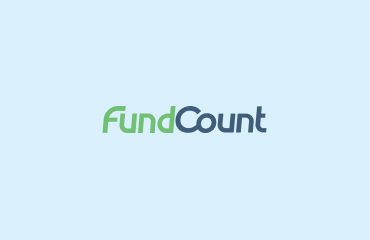“Someone is sitting in the shade today because someone planted a tree a long time ago.”
Warren Buffet
Acquiring wealth is one thing. But once acquired, how do you ensure it will “provide shade” that lasts for generations to come? Conventional advice recommends developing a shared vision based on family values and goals, conducting regular assessments to ensure the family is operating within mandate, establishing a succession plan and assigning accountability. While these strategies form the basis of sound governance and can certainly help to preserve wealth, technology further strengthens the ability to reach that goal.
The key to risk mitigation
Technology plays an important and often under-rated role in helping to ensure the longevity of family wealth. By consolidating information from disparate systems, technology provides a holistic view of wealth for more informed decisions. Technology automates back-office processes, which not only reduces manual input but improves accuracy. Finally, technology provides timely, comprehensive reports that enable the family office to better understand risk and act on opportunities as quickly as possible. In essence, technology is a vital risk mitigation tool at both the strategic and operational levels.
Yet, family offices are among the most recalcitrant adopters of accounting technology.
In a recent study by Family Wealth Report, 44 percent of family offices surveyed indicated that they use spreadsheets and other generalist systems to manage portfolio accounting. That number jumps significantly for investment reporting, with 70 percent of family offices saying they use non-specialized systems for this function. For general ledger accounting, it’s even higher at a whopping 83 percent.
Why the hesitation to embrace technology?
Family offices tend to be price sensitive, so cost is definitely a factor, according to Howard Geller, principal of Hudson Peak Group, a family office consultancy. But at some point, managing the complexities of alternatives, interwoven entity structures and diverse reporting requests of family members becomes too cumbersome for generalist systems like Excel and QuickBooks.
Technology can ease the burden while reducing unnecessary risk. That’s why technology is no longer a nice to have, but an essential pillar of good governance that will enable the family office to flourish in spite of constantly evolving investment options, family dynamics, and tax and regulatory reporting requirements. Most importantly, accounting technology provides the comprehensive information needed to chart the future course of the family office and ensure wealth lasts for generations to come.
For additional insight on the role of technology in safeguarding family wealth, read Ashley Whittaker’s article, Technology: What is it Good For?, in the Global Family Office Community Journal.





